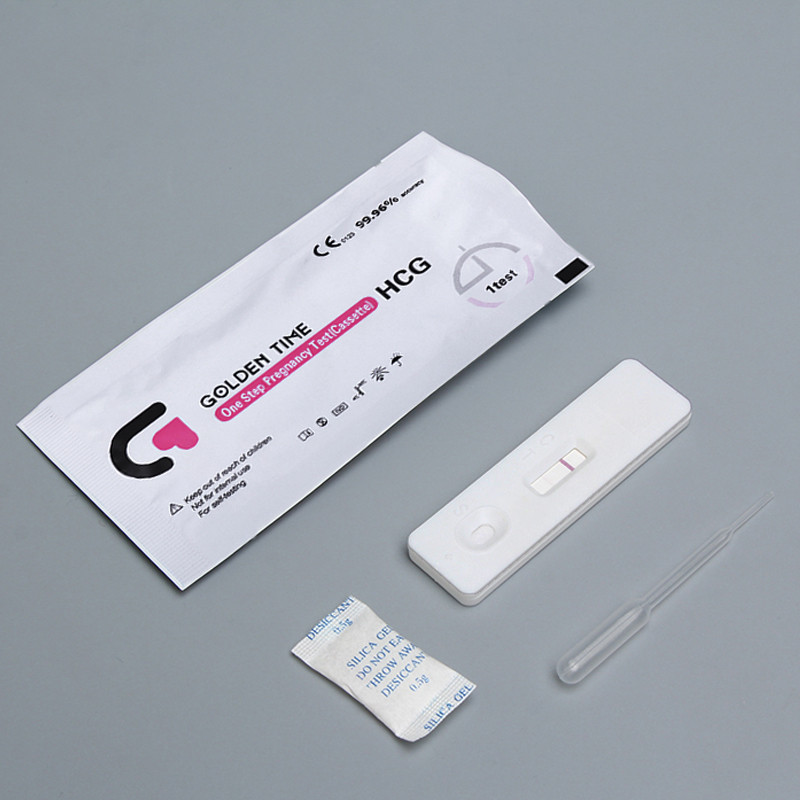Nov . 19, 2024 05:22 Back to list
anti hcv test supplier
Understanding Anti-HCV Tests An Overview for Suppliers
Hepatitis C virus (HCV) infection poses a significant public health challenge globally, affecting millions of individuals. Early detection and management of HCV are crucial for preventing liver disease progression and reducing transmission rates. As a supplier in the healthcare industry, understanding the nuances of anti-HCV tests is essential for providing reliable and effective diagnostic solutions to healthcare providers.
What is an Anti-HCV Test?
An anti-HCV test is a serological assay designed to detect antibodies against the hepatitis C virus in a patient’s blood. These antibodies are produced by the immune system in response to an infection, and their presence indicates that an individual has been exposed to the virus. It is important to note that while the presence of anti-HCV antibodies indicates exposure, it does not confirm an active infection. Further confirmatory testing is necessary to differentiate between active and resolved infections.
The Importance of Anti-HCV Testing
HCV is primarily transmitted through blood-to-blood contact. High-risk populations, such as intravenous drug users and individuals with multiple sexual partners, are at increased risk of contracting HCV. Early detection through anti-HCV testing can significantly improve treatment outcomes, minimize health complications, and reduce overall healthcare costs. Moreover, regular screening is imperative for high-risk groups to facilitate timely diagnosis and intervention.
Types of Anti-HCV Tests
There are several types of anti-HCV tests available in the market, primarily categorized as
1. Enzyme-Linked Immunosorbent Assays (ELISA) These are the most commonly used tests due to their reliability and relatively low cost. ELISA tests can quickly screen a large number of samples and are typically the first step in HCV testing.
2. Chemiluminescent Immunoassays (CLIA) These methods are similar to ELISA but utilize chemiluminescence for detection, offering higher sensitivity and specificity. CLIA tests are increasingly popular in clinical laboratories.
3. Rapid HCV Tests These point-of-care tests offer results in a shorter timeframe (often within 20 minutes) and require minimal equipment, making them suitable for use in low-resource settings. However, they have varying sensitivity and specificity rates compared to traditional laboratory tests.
anti hcv test supplier

Each type of test has its advantages and limitations, and the choice of test often depends on the clinical scenario, resource availability, and testing infrastructure.
The Role of Suppliers in Anti-HCV Testing
As a supplier of anti-HCV tests, it is vital to ensure that the products offered are of the highest quality and meet regulatory standards. This includes compliance with the guidelines set forth by health authorities such as the FDA (Food and Drug Administration) in the United States and the CE mark in Europe.
Product Support and Education Beyond supplying tests, it’s essential to provide educational resources and training for healthcare professionals. Suppliers can assist by offering training on test administration, interpretation of results, and subsequent patient management.
Innovation in Testing With advances in technology, there are continuous developments in HCV testing methods. Suppliers should stay updated on the latest innovations, such as molecular testing for HCV RNA, which provides information on active infections and guides treatment decisions.
Quality Assurance Regular quality control and assurance practices must be in place to ensure the reliability of test results. Suppliers should implement rigorous testing protocols and provide transparent performance data to healthcare providers.
Future Trends in HCV Testing
The landscape of HCV diagnosis and management is evolving. Increased awareness and proactive screening programs are likely to drive demand for anti-HCV tests. Furthermore, advancements in point-of-care testing technology may facilitate easier access to testing, particularly in underserved populations.
Additionally, as the understanding of HCV progresses, there may be opportunities for suppliers to offer integrated solutions, including rapid testing combined with digital platforms for patient tracking and management.
Conclusion
In conclusion, anti-HCV tests play a critical role in the early detection and management of hepatitis C. As a supplier, understanding the significance of these tests and ensuring quality and reliability will enhance the provision of healthcare services. By staying informed of industry trends and innovations, suppliers can better serve healthcare providers and contribute to the global fight against hepatitis C.
-
Accurate HCG Pregnancy Test Strips | Fast Home Use Kit
NewsJul.31,2025
-
Reliable Early Pregnancy Test Kit Supplier - Multi Plastic Cassette Options
NewsJul.30,2025
-
Transferrin Rapid Test Cassette – Reliable Tumor Marker Detection
NewsJul.29,2025
-
Accurate Follicle Stimulating Hormone Test Kit | Rapid Reliable Results
NewsJul.29,2025
-
High Accuracy LH Ovulation Test Kit - Digital Results & Wholesale Options
NewsJul.29,2025
-
HbsAg Blood Rapid Test Kit for Fast & Accurate Hepatitis B Detection
NewsJul.28,2025

